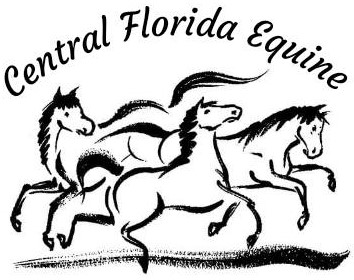FAQs
ask us
anything
What is expected of me as a horse owner when working with a veterinarian?
Effective care is a team effort. Maintain clear communication, follow treatment plans, and schedule routine preventive care. Being informed and involved helps ensure the best outcome for your horse.
How can I help prevent colic in my horse?
Provide consistent access to clean water, feed high-quality forage, make dietary changes gradually, and maintain a regular exercise and deworming routine. Avoid sudden changes and stressful conditions when possible.
Why is dental care important for my horse?
Regular dental exams are essential for proper chewing, digestion, and overall health. Horses should have their teeth checked at least once a year to prevent sharp points, infections, and other issues.
What are gastric ulcers and how can I reduce my horse’s risk?
Ulcers are sores in the stomach lining, often caused by stress, inconsistent feeding, or high-concentrate diets. Frequent forage access, minimizing stress, and feeding strategies can help prevent ulcers.
How should I prepare for an emergency or natural disaster with horses?
Create an emergency plan that includes evacuation routes, identification for your horses, access to feed/water, and a communication strategy. Keep a “go kit” ready with essential supplies.
How can I manage my horse’s weight effectively?
Limit high-calorie feeds, increase turnout and exercise, and use slow feeders or grazing muzzles if needed. Regular weight checks and a vet-approved diet plan can help reduce and manage excess weight.
Does my horse need mineral supplementation?
Trace minerals like selenium, zinc, and copper support overall health but should be given based on your horse’s diet and regional deficiencies. Consult your vet before starting supplements.
How can I care for my senior horse?
Older horses often need specialized diets, more frequent dental care, and joint support. Routine checkups and adjustments in management can keep them healthy and comfortable as they age.
How do I prepare for end-of-life decisions for my horse?
Planning ahead allows you to make compassionate choices when the time comes. Talk to your veterinarian about quality of life, humane euthanasia, and how to make the process as peaceful as possible.
Client Testimonials
Make an Appointment Today
Contact us today to schedule an appointment and learn more about how we can help your horse live a happy and healthier life.
